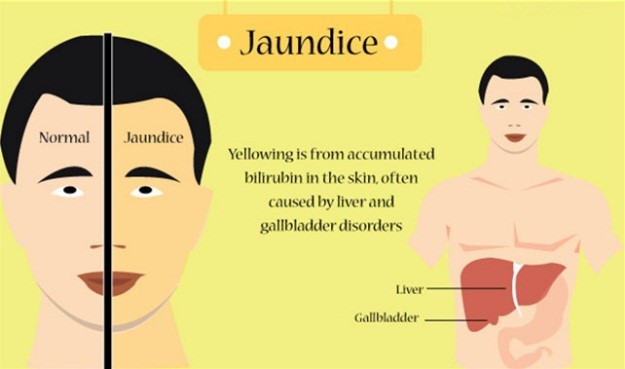- Assess the color of skin, sclera of eye and mucous membrane of mouth and nose every 8 hours.
- Check for any sign off complication and notify to physician.
- Check neurological status 8 hourly to identify complication of bilirubin encephalopathy.
- Check vital signs every 4 hourly.
- Monitor intake output and check urine and stool color.
- Administer medication as ordered.
- Control nausea and vomiting and administer anti-emetic drug as ordered.
- Monitor direct and indirect bilirubin to evaluate treatment efficacy.
- Provide healthy diet; consult with dietician.
- Give mouth care to increase appetite and prevent vomiting. Provide low fat diet.
- Encourage patient to take plenty of fluids(at least 6-8 glass daily)
- Check weight daily to evaluate weight loss or gain.
- Administer IV fluid (if diarrhea is present)
- Ensure proper rest and keep everything at reach for the patient.
- Keep skin clean and dry to prevent itching.
- Provide health education to patient and family members on how to prevent jaundice.
- Arrange vaccination program and administer vaccine to patient as ordered.
- Provide psychological support to patient and encourage the patient express his/her feelings.
Sources:
- https://nursingboost.com/jaundice-disease-causes-sign-treatment/
- https://nanda-nursinginterventions.blogspot.com/2012/06/nursing-diagnosis-and-interventions-for.html








